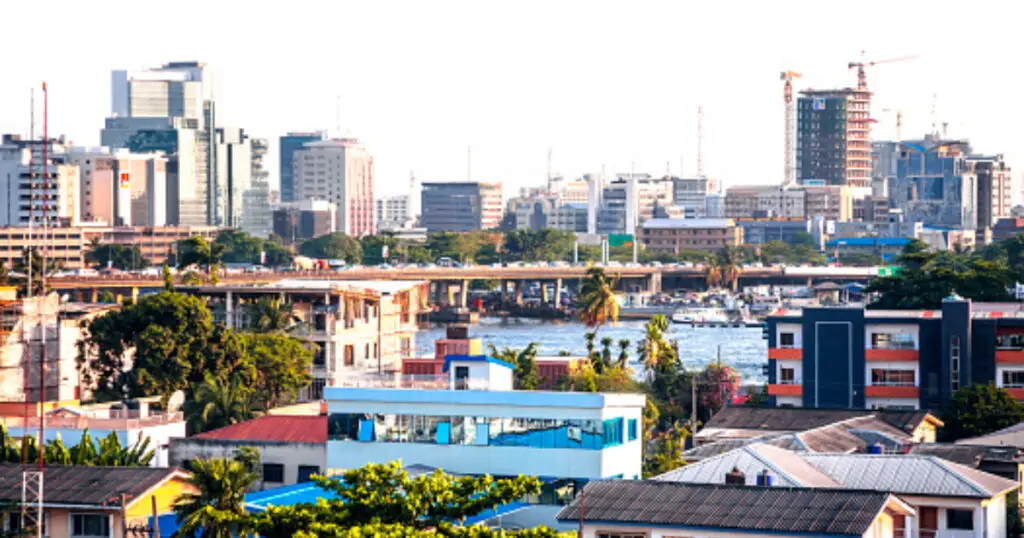- The Southern Africa region received the most significant share of Foreign Direct Investment in 2020
- Nigeria, South Africa and Angola attracted the highest amount of Foreign Direct Investment
- East Africa received the lowest amount on the back of policy challenges and rising political tensions in countries such as Ethiopia
Southern Africa regained its lead at the most significant Foreign Direct Investment (FDI) hub in 2020, on the back of diversified economies.
A report by The East African also reveals that Morocco and Egypt received a majority of investment in the Northern Africa region. At the same time, Nigeria, Ghana and Côte d’Ivoire dominated in the west.
According to the Africa Attractiveness Report 2021 by Ernst and Young, Angola took the largest share of Foreign Direct Investment in central Africa.
East Africa
The report reveals that East Africa received the lowest foreign direct investments (FDI) last year, on the back of policy challenges and rising political tensions in countries such as Ethiopia.
Kenya received the highest foreign direct investment in the region. The country was also ranked fifth on the continent and attracted investments worth US$ 500 million, down from US$ 2 billion attracted in 2018.
Tanzania was ranked second after it attracted US$ 200 million. However, Uganda received no foreign investment in the period under review.
Overall, the report points to a sharp decline of almost 50 per cent in 2020 due to the COVID-19 pandemic, which impacted business operations worldwide.
“Africa’s large resource-export-dependent economies felt the impact of commodity price declines and rapidly decreasing demand, particularly from China, causing them to fall into recession,” the publication quoted the report.
Nigeria
The report ranked Nigeria as Africa’s fastest-growing hub for Capital investments after it attracted US$ 6.6 billion in 2020.
South Africa followed closely with US$ 3.8 billion, Angola third with US$ 3.1 billion and Morocco fourth, attracting US$ 2.4 billion.
Ernst and Young also reported that investment is shifting from the extractive industries and are leaning towards the services industry.
FDI inflows amount to $7.5 billion in East Africa
“Over the last five years, service-based sectors received a total of $158 billion as capital investment, amounting to 45 per cent of what was allotted to all industry groups, while the extractives sector accounted for 31 per cent of all inbound capital between 2016 and 2020,” the publication quoted the report.
During the period under review, the telecommunications service sector received the highest capital investment totalling around $8.5billion, with the most significant investments focused on Nigeria and South Africa as remote working and hybrid work models raised the demand for transformative business solutions.
In a related story, The Exchanged reported that Foreign Direct Investment (FDI) in East Africa declined by 9 per cent to $7.8 billion in 2019, from $9 billion in 2018, according to data by the World Investment Report 2020 by the United Nations Conference on Trade and Development (Unctad).
The agency noted that Uganda’s foreign direct investments increased by 20 per cent to $1.3 billion in 2019 due to the continued development of oil fields and an international pipeline. Projects in agriculture, construction and manufacturing also contributed to the increase in FDI.
In Tanzania, FDI inflows did not change as they remained at $1.1 billion. Despite several new projects in information technology and healthcare in Kenya, FDI inflows dropped by 18 per cent to $1.3 billion in 2019 compared with $1.6 billion in 2018.
Ethiopia still held its position as the region’s biggest FDI recipient despite recording a decline in 2019 after attracting inflows worth $2.5 billion from $3.3 billion in 2018. The drop in the inflows was due to instability in certain parts of the country and regions with industrial parks.
“Although all industries are set to be affected, several services industries including aviation, hospitality, tourism and leisure are hit hard, a trend likely to persist for some time in the future,” said James Zhan, United Nations Conference on Trade and Development director of investment and enterprise.
This decrease came after Africa recorded a 10 per cent decline in FDIs from $46 billion in 2018 to $45 billion in 2019.
In North Africa, Egypt still held its position as the largest foreign direct investments recipient last year, with inflows increasing by 11 per cent to $9 billion despite the North Africa region accumulating an 11 per cent decline to $14 billion.
South Africa followed with FDI flows of $4.6 billion, a 15 per cent decline from 2018, and due to a slowdown in investment in the oil and gas industry, Nigeria declined by 48.5 per cent to $3.3 billion.
Foreign investors pump Sh1bn into top NSE listed companies; Equity, Safaricom
